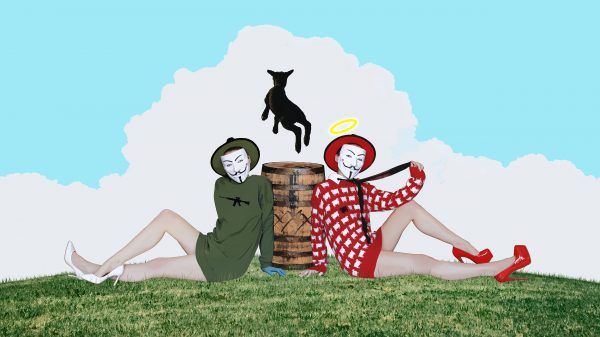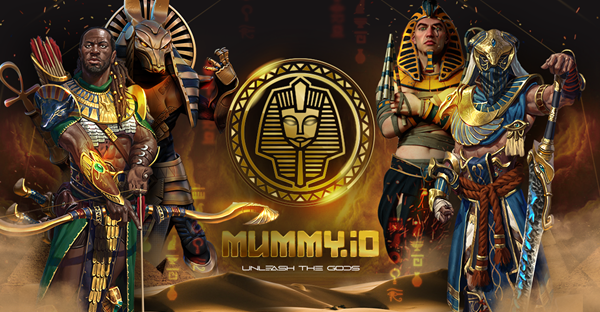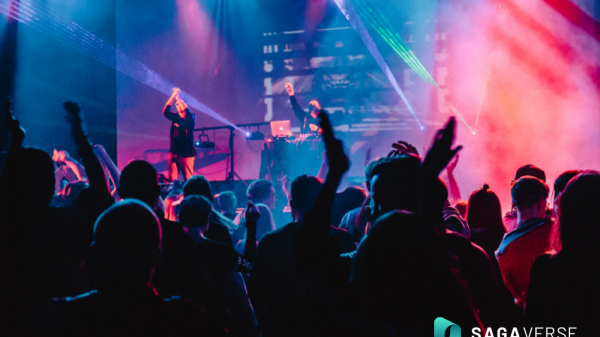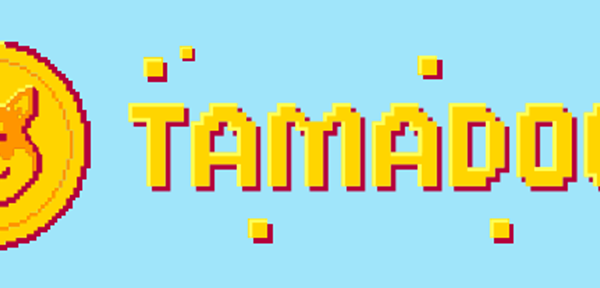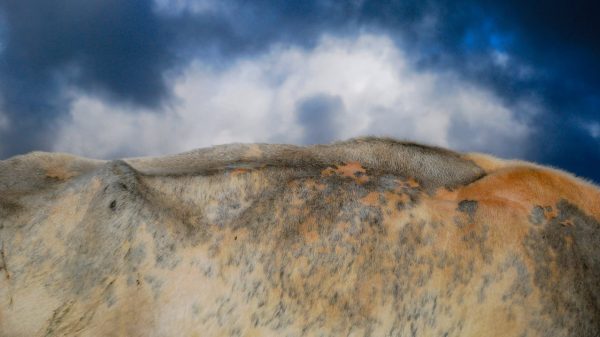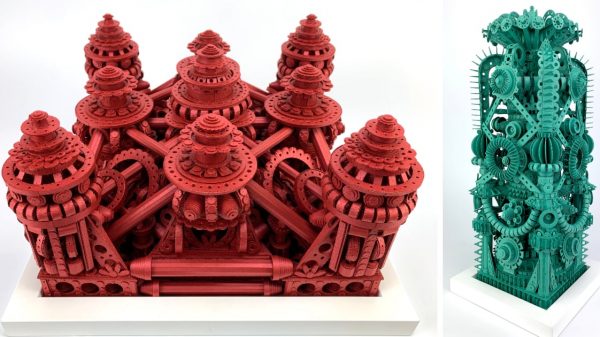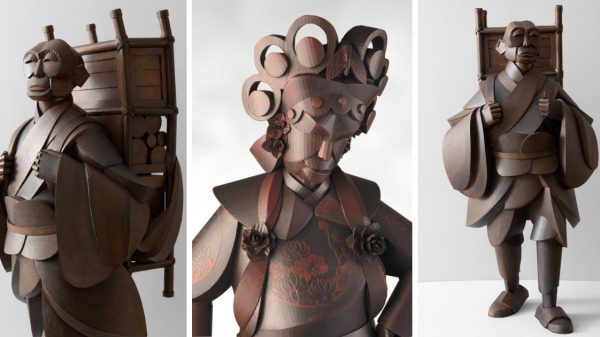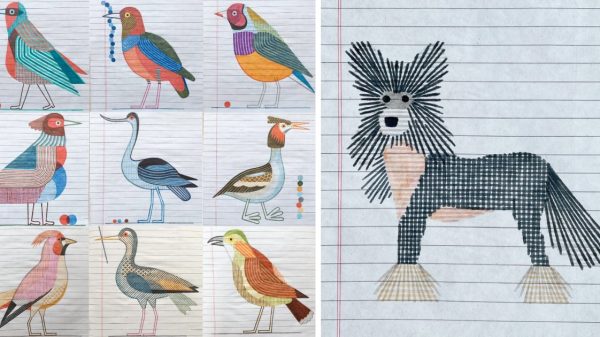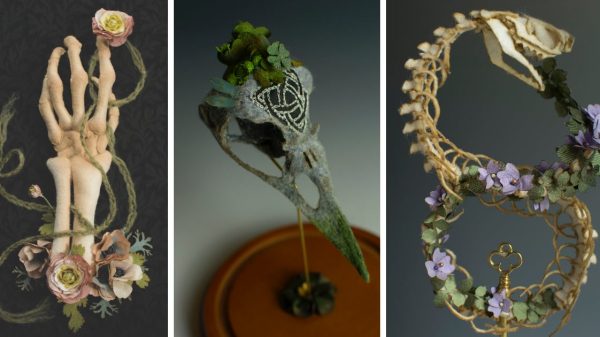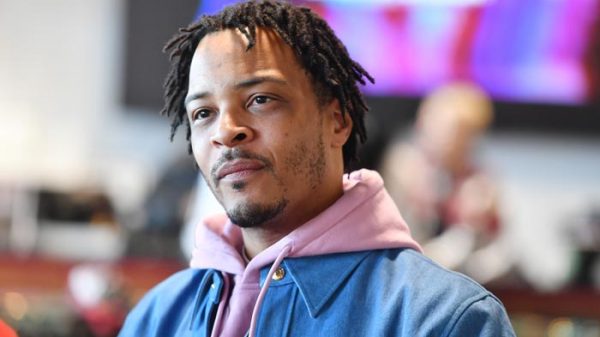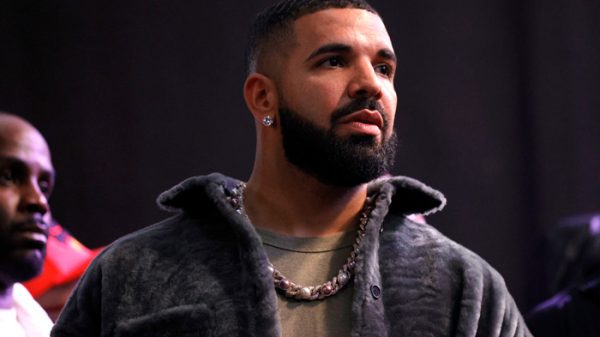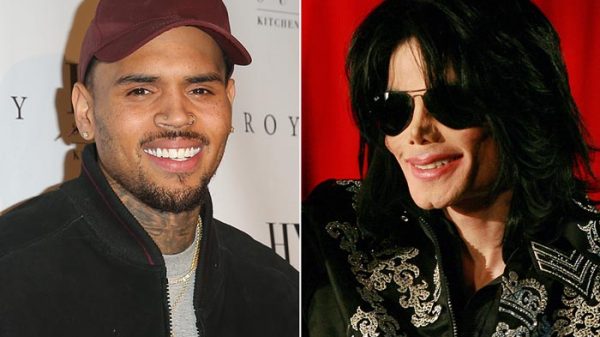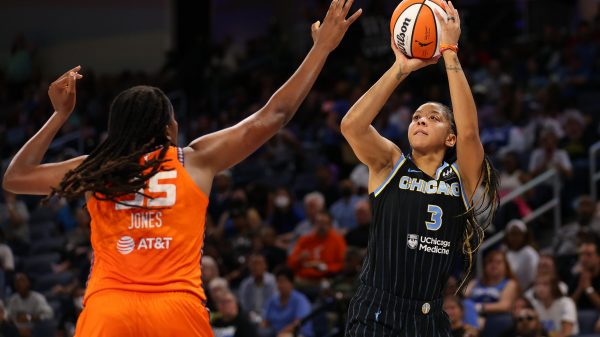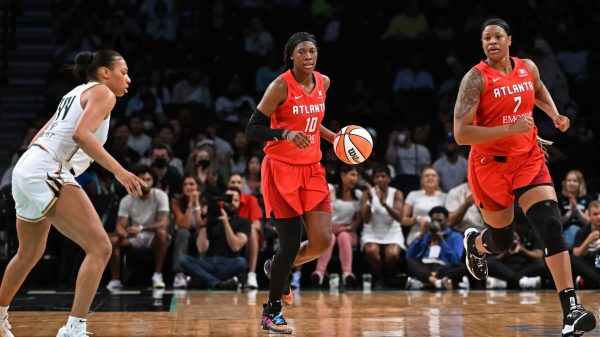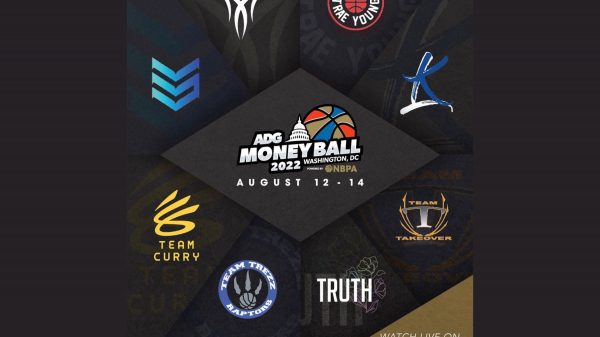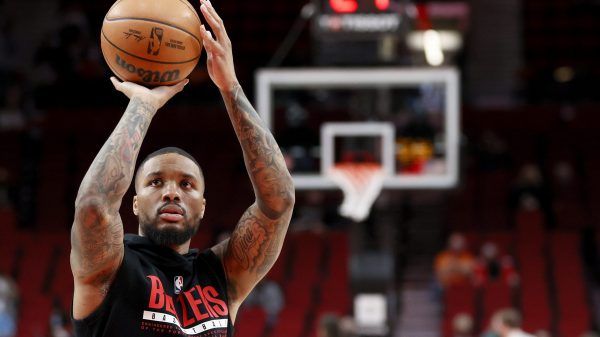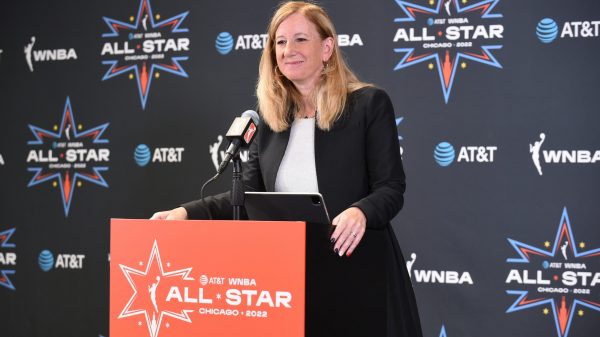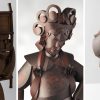Article from: Art News
The explicit aim of the panel was to discuss the subject of anti-Semitism and art—not only in relation to questions about censorship and artistic freedom, but “also in relation to the state of Israel,” per an event description. But it was clear early on that the event had come to fruition because of the controversial banner by the Indonesian artist collective Taring Padi that was removed last week.
As soon as it was first announced last Friday, the Documenta-organized talk was perceived as an awkward affair. Neither Taring Padi nor ruangrupa were named among the participants. In fact, there weren’t any artists in Documenta 15 set to speak at all. Instead, the panelists included a political theorist, a former Documenta curator, and a member of the organization that oversees German state funding for various initiatives.
In a surprise, however, members of ruangrupa were in the audience. “We are here to learn, to listen,” said ruangrupa member Ade Darmawan at the end of a short, unofficial introduction to the talk. A round of applause followed. Then ruangrupa never spoke again.
Adding to the uncomfortable feeling was the fact that this was the second attempt Documenta had made to host a talk about anti-Semitism this year after some Jewish groups in Germany said that Documenta was anti-Semitic.
The first one was to take place ahead of Documenta 15’s opening. The show had already faced controversy over the inclusion of the Palestinian collective the Question of Funding, whose members, some Jewish groups in Germany said, support the Boycott, Divestment, Sanctions movement. Another charge against the exhibition was that no Israeli artists were set to participate. (It turned out there was one, though that artist did not appear on initial lists.)
No one discussed the cancelation of “We need to talk!” at Tuesday’s event, however. No one mentioned Taring Padi by name, and the questions about the Question of Funding were only hinted at in a few disparate moments. (No one mentioned anyone else on the artist list, either, for that matter, or any works in the show itself.) BDS and Palestine came up a few times, but no one opined at length about them. All of the participants were straightforward about anti-Semitism being a real and pressing problem in Germany, but when it came to Documenta specifically, the issue appeared to be a lot more nebulous—no one seemed to want to speak directly about the controversies related to Taring Padi or the Question of Funding.
By the panel’s end, it was obvious that there were still many needed conversations to be had—but what, exactly, we needed to talk about was still somewhat unclear.
Doron Kiesel, a member of the educational department of the Central Council of Jews in Germany, spoke most directly about the Question of Funding debacle when he said, “We saw that there was no invitation sent out to Israeli Jewish artists. That showed us that something was getting out of control.”
Meron Mendel, director of the Bildungsstätte Anne Frank, echoed that sentiment when he spoke of Israeli Jewish artists who support what he referred to only as “the peace movement” and wondered why they weren’t in Documenta 15. “We are talking about art made by artists who, with their particular political position, are a minority in Israel, and they are not in a dominant position in Israel,” he said.
“Is this anti-Semitism? Is it an anti-Israeli attitude?” Mendel, who was born in Israel, asked. “These are open questions.”
“I can only hope that there will be a Documenta in the future in which there will be a presentation of Palestinian artists from Ramallah and Israeli artists from, say, Tel Aviv or anywhere else, and that those artists could show together in one exhibition,” he said.
Szymczyk went on to mourn the fact that such an exhibition “does not happen” in the current environment in Germany.
All of the five participants in the panel mentioned the looming specter of Nazism and the Holocaust, as if to suggest that Germany still has a special duty to meditate on anti-Semitism. But some said it was not enough to consider only the local context in this regard, especially since, for the first time ever, Documenta is predominantly, although not exclusively, composed of artists from the Global South.
Drawing on writings by Frantz Fanon, Edward Said, and others, the political theorist Nikita Dhawan made a plea for the audience to consider anti-Semitism and racism as being intimately intertwined. “What I saw here is this intersectionality of hate,” she said. “There’s a very, very deep connection between racism and anti-Semitism, and there’s a whole history of addressing this question within postcolonial studies.”
She also tackled the issue of whether postcolonial studies is itself the problem, as some have suggested: “We have to think about what kind of Germany we want to live in. Who profits from this demonization and this stereotyping? Who pays the price for this?”
She later reiterated her point in a blunter wording. “It is a bit of lazy politics to dismiss and demonize all of postcolonial studies as anti-Semitic. It is also an ideological maneuver. I’m not making a general comment about everyone in Germany, but there are certain factions who are using this as an ideological maneuver to not address the legacies of European colonialism, the legacies of crimes against colonized people not only in German colonies but beyond in European colonies.”
Hortensia Völckers, artistic director of the German Federal Cultural Foundation, which helps oversee state funding for events like Documenta, made clear that the government had no immediate plans to defund Documenta in any way. “We will sign the contract for the next Documenta next summer,” she said. “That is not a problem.” She called for a transition “from a process of accusation into a process of healing.”
Documenta 15 has been open to the public for less than two weeks, yet the participants at this event painted a bleak picture of the show so far.
“Documenta is once again proving its relevance as the site or place where this debate can begin,” Szymczyk concluded. “I can only be sorry that it occurs under such violent circumstances.”
source
Article from: Art News


